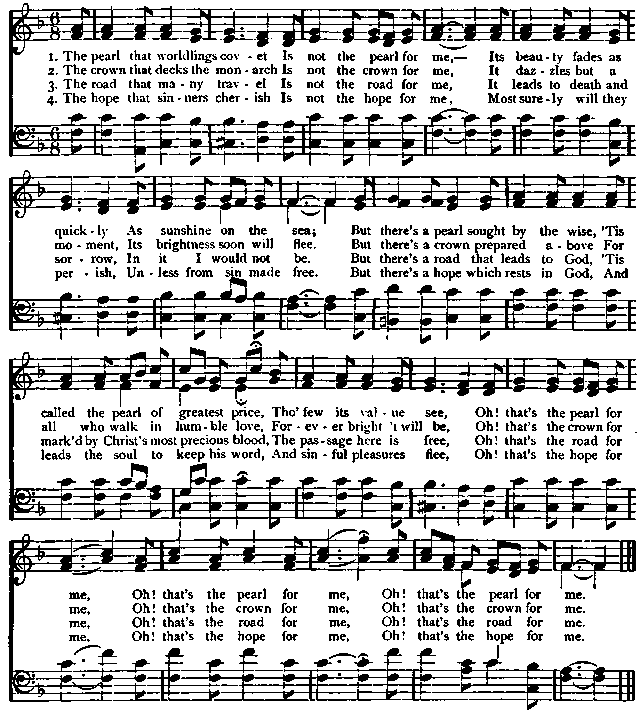Franklin Square Song Collection - online songbook
200 favorite songs and Hymns for Schools, Homes Lyrics & Sheet Music
| Share page | Visit Us On FB |
|
FRANKLIN-SQUARE SONG COLLECT/ON. 107 |
||||
|
More than 2,000 years ago, Plato, the propounder of a system of ethics second only to Christianity, said of music: " To look upon music as a mere amusement cannot be justified. Music which has no other aim can neither be considered of value nor viewed with reverence." And these words are re-echoed in our day by England's great philanthropist and statesman, W. E. Gladstone, when he said: "They who think music ranks among the trifles of existence are in gross error, because from the beginniug of the world down to the |
present time, it has been one of the most forcible instruments both for training, for arousing, and for governing the mind and the spirit of man. There was a time when letters and civilization had but begun to dawn upon the world. In that day music was not unknown. On the contrary, it was so far from being a mere servant and handmaid of common and light amusement, that the great and noble art of poetry was essentially wedded to that of music, so that there was no poet who was not a musician; there was no verse |
|||
|
THE PEARL THAT WORLDLINGS COVET. |
Edward J. Loder. |
|||
|
|
||||
 |
||||
|
|
||||
|
spoken in the early ages of the world but that music was adopted as its vehicle, showing thereby the universal consciousness that in that way the straighest and most effectual road would be found to the heart and affections of man." Even the rugged heart of Carlyle opened to the divine influence of music, when he wrote, " Music is well said to be the speech of angels;" and again, "See deep enough and you see musically; the heart of Nature being everywhere music, if you can |
only reach it." George Eliot spoke truly that, " There is no feeling, perhaps, except the extremes of fear and grief, that does not find relief in music—that does not make a man sing or play the better." J. G. Holland saw that music is "a thing of the soul—a rose-lipped shell that murmurs of the eternal sea—a strange bird singing the songs of another shore;" and all the poets from Chaucer to the lamented Longfellow, recognize the fact that " music is the universal language of mankind.' |
|||